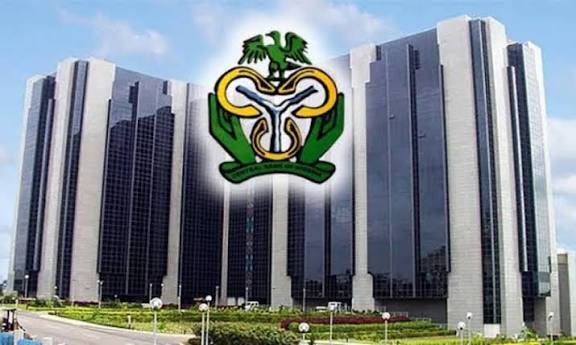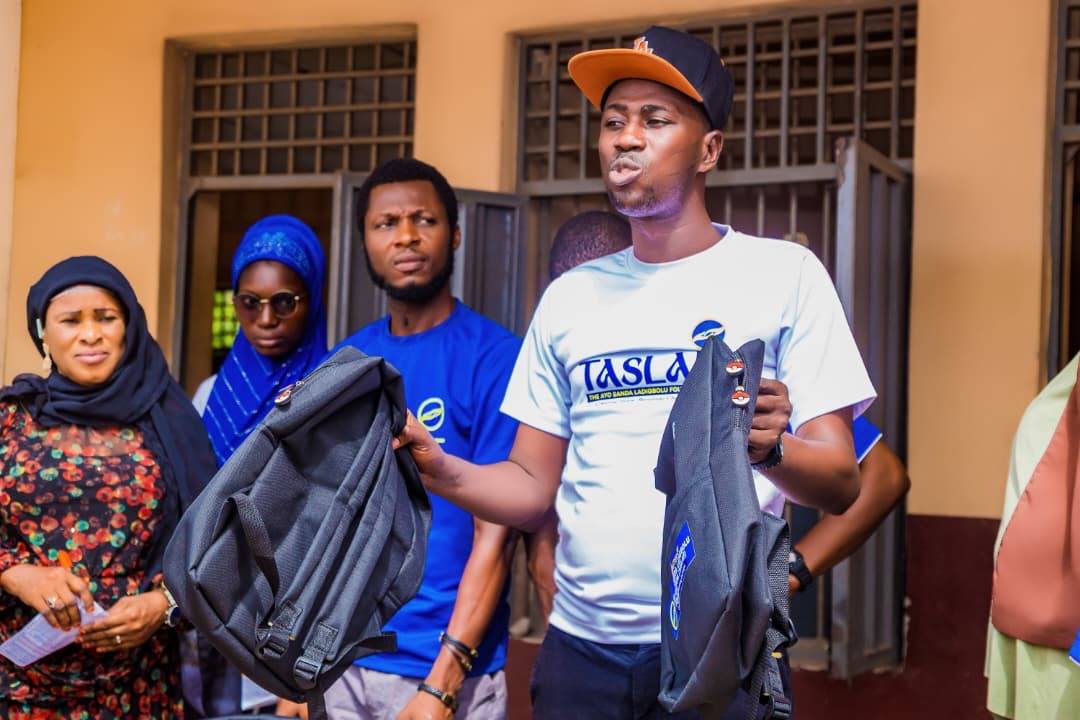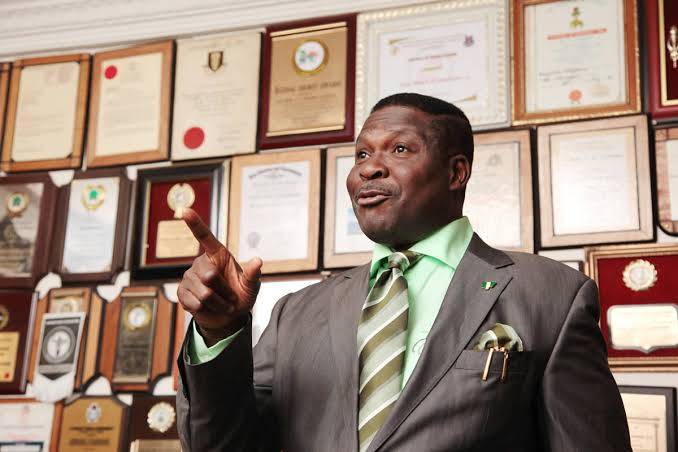The Federal Competition and Consumer Protection Commission (FCCPC) has launched an intervention in Sango-Ota, convening a three-day electricity consumer forum to address grievances of residents against the Ibadan Electricity Distribution Company (IBEDC).
The forum is in response to some complaints, which include allegations of negligence and a situation where communities were reportedly funding their own electricity infrastructure while still facing exorbitant bills.
Its executive vice chairman, Tunji Bello, during the forum on Monday, reiterated FCCPC’s commitment to providing effective consumer protection.
The three-day forum was organised by the FCCPC in collaboration with the Sango/Ita Community Development Committee (SACDC).
Mr Bello, represented by Bridget Etim, a director from FCCPC, said, “The Ibadan Electricity Distribution Company (IBEDC) will be present to address complaints directly.
“This initiative aligns with our mandate to make consumer protection practical, accessible and effective.”
He urged residents to utilise the forum to report service-related grievances through the appropriate channels for timely resolution.
Mr Bello said the forum was designed to close the communication gap between consumers and service providers in the electricity sector.
“Electricity is not just a commodity; it is a vital service that powers livelihoods, businesses, and economic progress,” he said.
The FCCPC’s chief executive officer acknowledged ongoing challenges in the sector to include poor metering, inaccurate billing, and infrastructure deficits.
“The Ibadan Electricity Distribution Company (IBEDC) will be present to address complaints directly. This initiative aligns with our mandate to make consumer protection practical, accessible and effective,” he added.
Mr Bello reaffirmed the FCCPC’s commitment to educating consumers on their rights and facilitating complaint resolution, while promoting fair practices among service providers.
Meanwhile, Francis Agoha, chief executive officer of IBEDC, described the forum as timely, noting that it would help resolve long-standing disputes between the company and consumers.
Mr Agoha, represented by Abdulrasaq Jimoh, regional manager, Abeokuta Region, emphasised that many consumers fail to follow proper procedures when they invest in electricity infrastructure such as transformers and metres.
According to him, while communities are encouraged to invest, there are regulatory guidelines that must be followed to ensure their investments are recoverable.
“When consumers or communities purchase transformers or pay for meters, there is a legal process that requires documentation and regulatory approval.
“Immediate refunds are not made in cash but are compensated through energy credits over time,” Mr Agoha stated.
He noted that some communities erect transformers without consulting the necessary regulatory authorities, which not only breaches regulations but also exposes residents to serious safety risks.
“Installing a transformer requires licensed electrical contractors and regulatory oversight from bodies like NEMSA.
“Communities must inform both the regulators and the Disco before any installations,” he warned.
Addressing concerns that some communities feel compelled to self-fund electricity projects because of perceived delays or financial constraints on the part of IBEDC, Mr Agoha clarified: “We do not officially instruct consumers to buy transformers or meters.
“However, where they choose to invest, they must engage the right procedures to ensure safety and proper reimbursement.”
He further explained that energy theft remains a major challenge for distribution companies, affecting their ability to recover costs and provide reliable services.
“Only about 40 per cent to 60 per cent of distributed energy is recovered financially due to rampant electricity theft.
“Unfortunately, many consumers believe they should not pay for electricity even after using it,” he lamented.
On billing disputes, Mr Agoha encouraged residents to escalate complaints properly.
“If consumers are billed unfairly or receive poor service, they should report to the FCCPC or NERC. Valid complaints backed with evidence lead to refunds in the form of energy credits,” he assured.
He cited the recent downgrade of the Sango Feeder from Band A to Band C due to unstable power supply, adding that affected consumers who had prepaid for higher service bands would be compensated accordingly.
Also, Olatunji Onaolapo, zonal chairman of the Ado-Odo/Ota Community Development Committee, said the forum offered a platform to escalate persistent complaints about IBEDC’s services.
He lamented that in spite of multiple meetings with the company’s management, issues remained unresolved.
“We turned to the FCCPC after exhausting all efforts with IBEDC.
“Communities are forced to purchase their own wires, transformers, and poles, yet are burdened with exorbitant bills,” Mr Onaolapo said.
He urged IBEDC to provide prepaid meters and eliminate estimated billing, stressing that fairer practices would restore consumer confidence.
(NAN)












